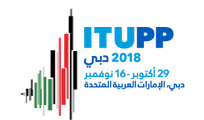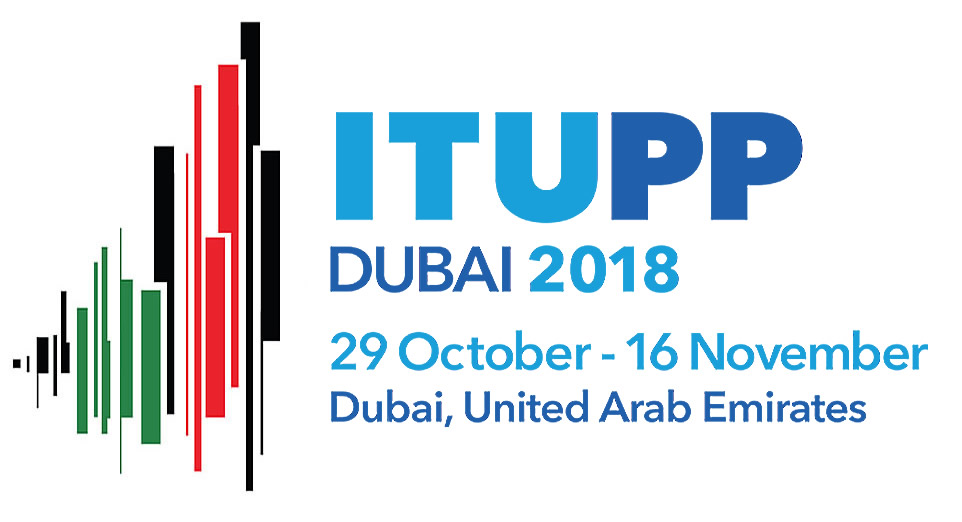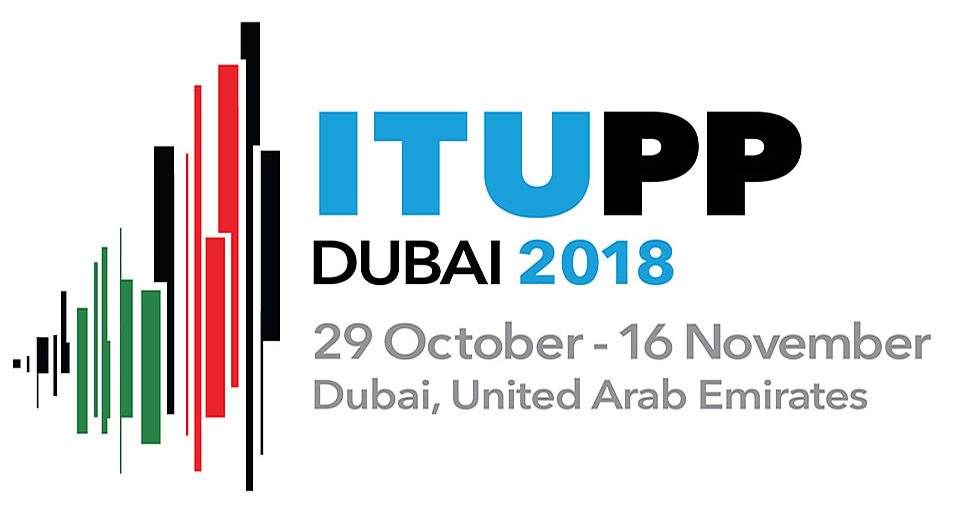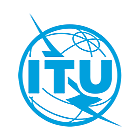Your Excellencies,
Dear Delegates,
Ladies and Gentlemen
It is a great pleasure and privilege to be here with you.
On behalf of the Republic of Poland, I would like to express my sincere gratitude to the government of the United Arab Emirates for hosting this event.
Let me also express my genuine appreciation to the current ITU management. It has been a great pleasure working with you.
Ladies and Gentlemen,
We all, ITU Member States, gather here to assess the progress towards the goals of the Connect 2020 Agenda, taking stock of our accomplishments, assessing potential and gearing up for the forthcoming challenges. Let me say a few words about where Poland stands in this process.
This year many countries of Europe celebrate its centenary, a hundred years of independence. We are having ours at 11 November, in less than a fortnight. This is of course an opportunity to look into the past, but we take it as a chance to build a better future, based on digital foundations. Polish government has launched a “100 Mega[bits] for 100th anniversary programme”, with an aim to connect all public school to high speed broadband internet. This means encompassing over 25 thousand schools in more than 19 thousand locations. This is our flagship project, our way to combat digital divide and build foundations for inclusive society and economic growth. This project – fast internet for all schools – includes not just broadband, but also school network elements, cyber security support and constant technical support.
In a few days’ time, during this conference, we will discuss Artificial Intelligence. This is one of the buzzwords of the day, the developments in this sector can bring major improvements in our lives, but also can be a cause an uncertainty in some groups. AI can be an important tool towards reaching the goals of 2030 Agenda for Sustainable Development. But its development brings numerous challenges, calls for action on a governmental level and requires engagement of all stakeholder groups.
Poland has taken a pro-active approach to the topic. We have engaged all stakeholder groups in a bottom-up process, in a goal to delve into aspects of data, research and development, education and ethics. We need to be well prepared to reap all the benefits and understand possible risks while harnessing innovation for the digital transformation of our society. One distinctive feature of our approach is focus on developing skills – both at the early stages of education and life-long learning for current employees.
Here, among experts and policy makers focused on telecommunications, there is no need to recall the coming 5G revolution. We are open and ready to share our experiences with all interested parties. Together with ITU, ICNIRP, GSMA we are working on the topic of electromagnetic fields – a crucial component for future 5G networks. Lack of in-depth understanding of the impact that modern mobile technologies have on human health fuels prejudice. Our series on international conferences coupled with ITU-T report aim precisely at breaking this bottleneck.
In order to bridge the digital divide and bring affordable telecommunications and ICT services to all, we are actively reaching out. My distinguished colleague, Mr Marcin Cichy, Head of the Polish Office for Electronic Communications, is a newly appointed Commissioner in the UN Broadband Commission. In the past years we have actively taken part in a number of regional initiatives, as well as bilateral programmes aimed at sharing best practices and facilitating the development of innovative technologies. We have also been shaping the scope of those initiatives for the current four year period. Our goal was and is to ensure access to affordable broadband and modern, electronic public services as widely as possible.
Achieving universal broadband access is a goal we cannot afford not to pursue. But at the same time, there must be reflection, at the ITU and the UN level, in regional organisations and nationally on education, capacity building and fostering innovative partnerships. ITU with its unparalleled expertise in ICT could and should be a catalyst, a platform that will help spread best practices and experiences globally.
Ladies and Gentlemen,
It is my great pleasure to announce that the Republic of Poland is a candidate for the re-election to the ITU Council in region C. I don’t hesitate to say that in the last couple of years we have gained numerous experiences in a dynamically changing ICT ecosystem. We wish to continue bringing them to the ITU. The ITU can improve access and the quality of telecommunication services. It has potential to make AI and other new telecommunication technologies work for the good, towards achieving the goals of the 2030 Agenda for Sustainable Development. It can facilitate the process to share knowledge and best practices between technology leaders and aspiring nations.
Poland has always been an active Member of the ITU and, recently, the ITU Council. I humbly ask for your support and do hope that we can count on your trust and will be able to work for the connected and smart future in the whole world.
Thank you.






